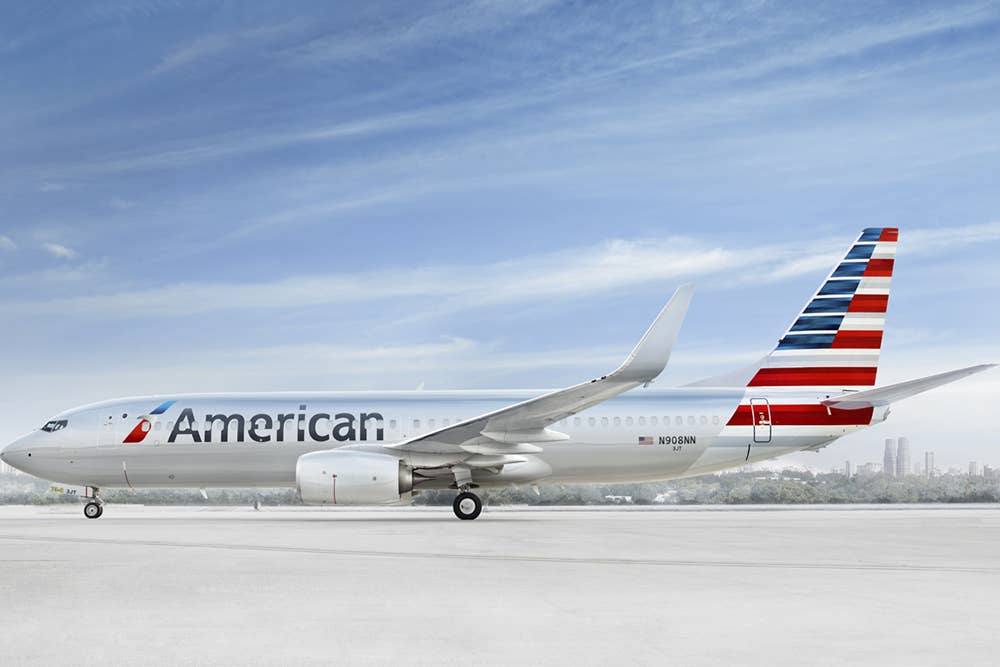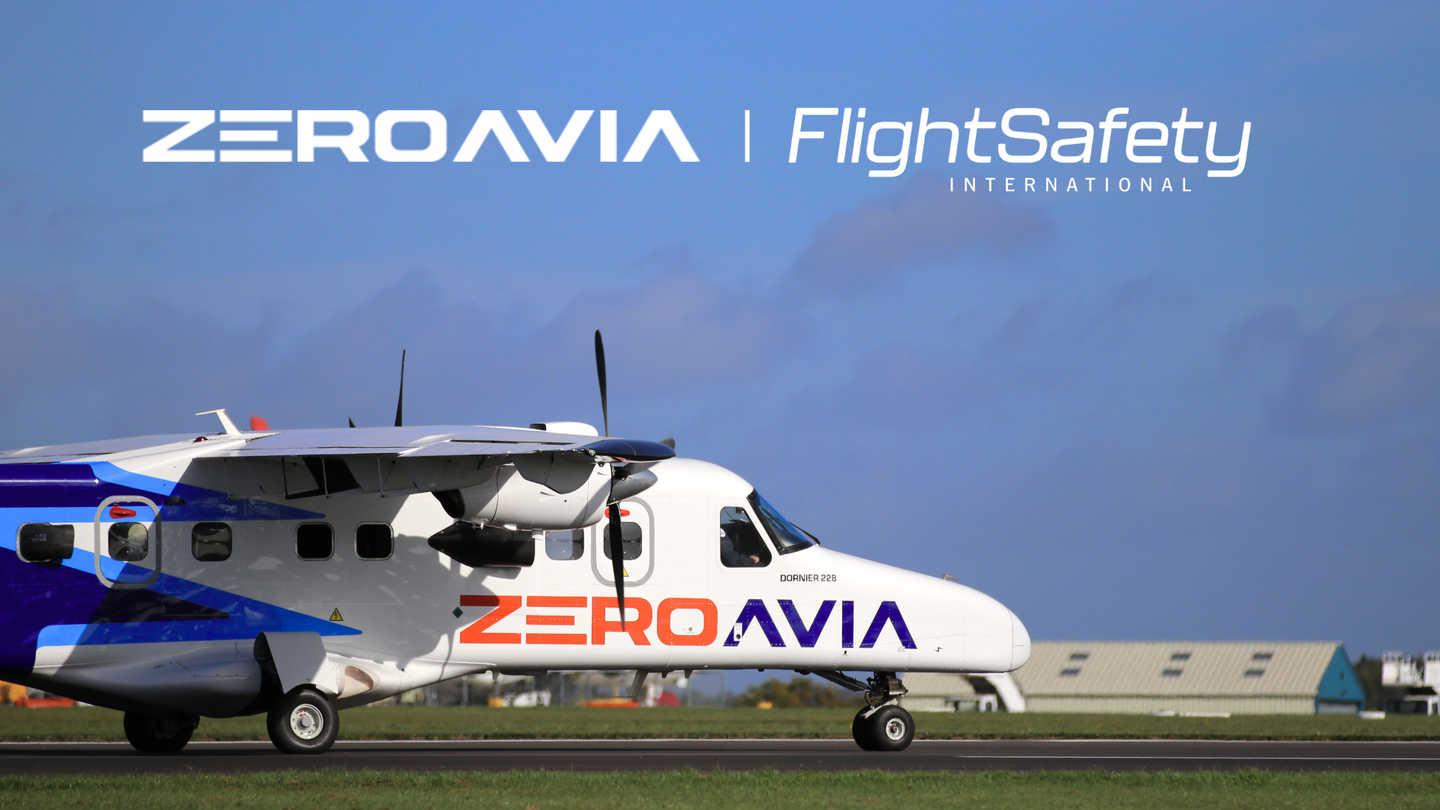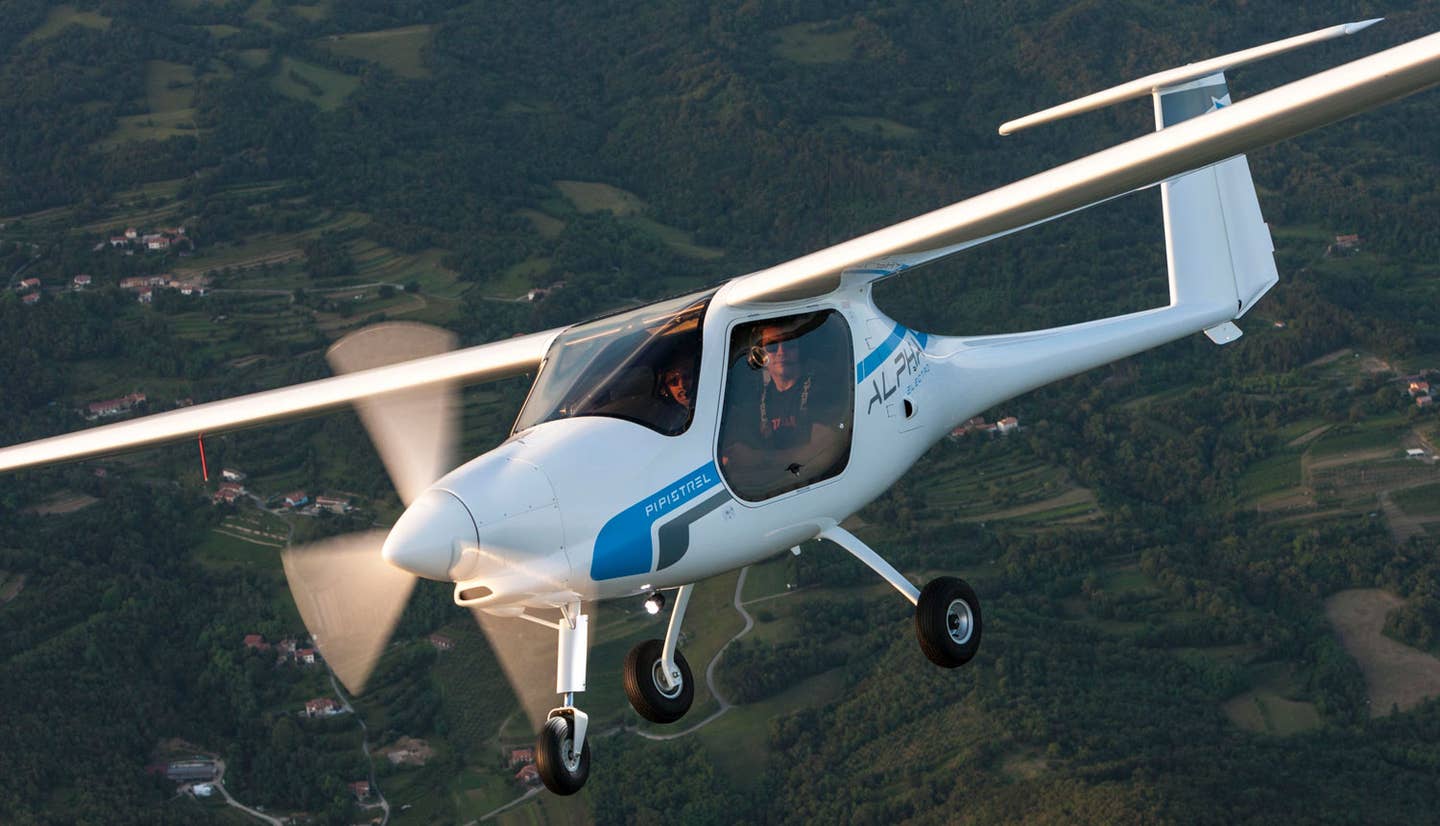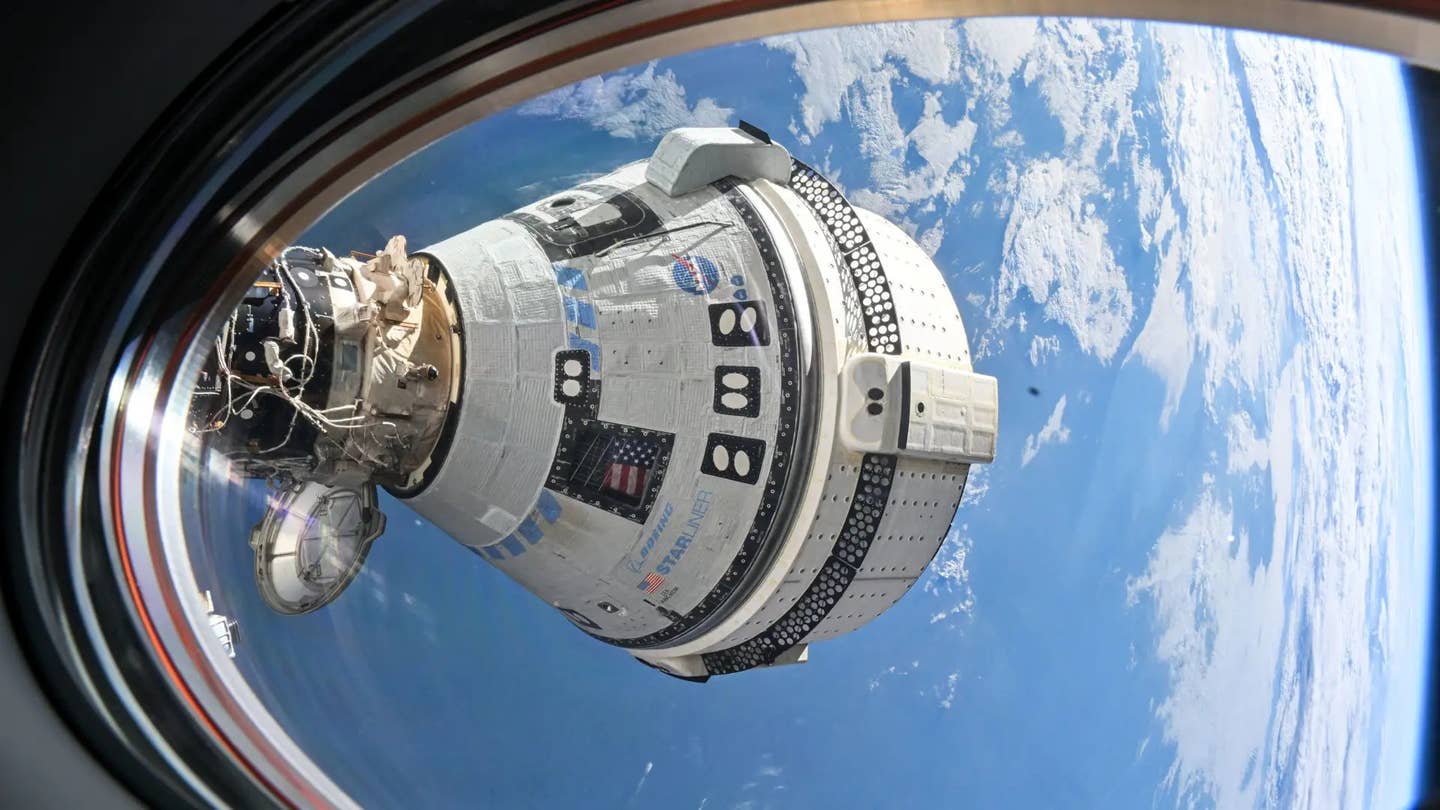
American Airlines posted a fourth-quarter loss of $931 million. [Courtesy: American Airlines]
American Airlines reported fourth-quarter revenue of $9.4 billion on Thursday. Even though that number represents a 17 percent drop from the same period in 2019—the last normal year of travel—it was the highest revenue the airline has achieved throughout the pandemic.
The airline says this is a signal that people want to travel—even with the onslaught of the new omicron variant.
Parker Hands Keys to Isom
On what would be his 107th and final earnings call for the airline, which included his time at American West, outgoing CEO Doug Parker illustrated what the pandemic is still doing to the airline industry and American, in particular.
“Over the past year, we have experienced periods of high travel demand countered by periods of decreased demand due to new COVID-19 variants,” he said. “This volatility has created the most challenging planning environment in the history of commercial aviation.”
Parker will step down at the end of March and hand over the reins to Robert Isom, the company’s current president.
Despite posting a fourth quarter loss of $931 million, and a full-year loss of $2 billion, the incoming CEO said in a statement that the airline was focused on returning to profitability.
“Looking forward, our focus in 2022 will be to continue running a reliable airline, returning to profitability, and delivering on our long-term plan to deleverage the balance sheet,” Isom said.
The company reported record year-end liquidity of $15.8 billion.
Looking Ahead
When it comes to 2022, the company has three thematic focuses:
- To create a world-class customer experience
- To make culture a competitive advantage
- To build American to thrive forever
It hopes to achieve these by improving its mileage programs and alliance, particularly with JetBlue (NASDAQ:JBLU); to leverage its new $350 million Robert L. Crandall Campus in Fort Worth; and amid its succession plans, focus on improving its liquidity and embracing sustainable initiatives.
Like United Airlines (NASDAQ:UAL) and Delta Air Lines (NYSE:DAL), the other majors who’ve reported Q4 earnings, American says its expects capacity to be as much 10 percent lower this first quarter, compared to 2019, and that revenue would also be down as much as 22 percent versus that same period.
Vasu Raja, chief revenue officer shared that the company would strategically look to maximize its capacity through domestic travel, as delays in delivery by Boeing (NYSE:BA) of the 787, and a drop in demand for international travel would take some time to rebound.
“We anticipate that with the 787, we will be a materially smaller international airline that we would otherwise like to be operating something which is probably what's called a 75 to 85 percent of the scale we had in 2019,” Raja shared.
When asked if it was realistic that the company would get back to 2019 levels, Raju said it was unlikely in the near term, citing many things,including the unpredictability that the ongoing variants added to the mix.
“We had expected in 2022, to get back to 2019 levels,” Raja explained, “but with the variant, us pulling down flying, from the 787 not being there, and also demand not quite being there, we will not get to the 2019 levels.”
However, he explained that it could be possible in 2023 depending on how they execute.
Staffing, 787 Delays, and the Botched 5G Rollout
Elsewhere, the airline has tried to ramp up hiring and focus on retention, especially at the regional level. The company paid out $61 million in bonuses in the fourth quarter to eligible captains at its wholly owned regional airlines. To stave off a pilot shortage at its regional level, the airline has offered more than $180,000 in hiring bonuses and retention incentives to pilots at Envoy, Piedmont Airlines, and PSA Airlines, its owned regional carriers.
Another point of interest was the negotiations the company had with Boeing owing to the delay of the 787 and the effects the delay was having on the airline’s summer schedule.
American’s CFO Derick Kerr said the deal would be that Boeing would compensate the airline for any delays for each aircraft that is late.
“We've been told from the highest level of the Boeing team that if there is compensation needed to come to the airline that they're fully abreast to help us to overcome the cost the delays of the 787 aircraft have cost us over the last few years.”
As for the 5G rollout debacle, Parker said “it wasn’t our finest hour as a country,” but that his airline saw little disruption, canceling about eight flights.
Investors seem to be miffed by the lethargic growth and disruptions, as American’s share price declined about 5 percent post-call to $16.74, and had lingered through the afternoon.

Sign-up for newsletters & special offers!
Get the latest FLYING stories & special offers delivered directly to your inbox






